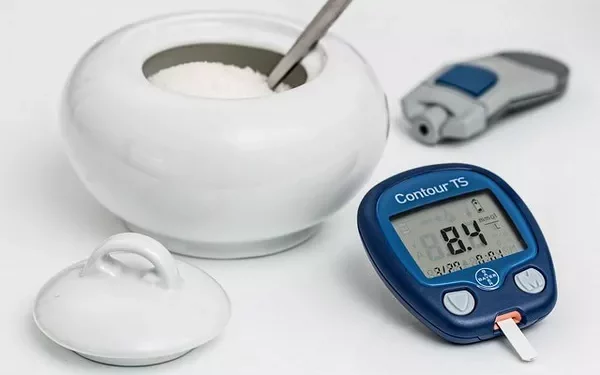A recent study suggests that diabetes patients taking GLP-1 receptor agonist drugs, such as tirzepatide and semaglutide, may experience fewer complications following surgery. Researchers found that these medications were associated with a reduction in hospital readmissions, wound re-openings, and blood clots at the surgery site, compared to patients not using the drugs.
The study, published in Annals of Surgery, analyzed medical records from over 35,000 surgeries performed on nearly 13,000 diabetic patients between February 2020 and July 2023. Among those patients, half were using GLP-1 drugs, including the popular weight-loss medications Ozempic (semaglutide) and Mounjaro (tirzepatide). The findings indicated a 12% reduction in readmission rates, a 29% lower likelihood of wound re-opening, and a 56% decrease in the formation of blood clots.
However, no differences were found in the risk of bleeding or infections, regardless of medication use. While these results do not confirm that GLP-1 drugs prevent surgical complications, the large-scale data suggests that they may help reduce some of the common risks.
Dr. Jason Spector, the study leader from NewYork-Presbyterian/Weill Cornell Medical Center, noted that these findings raise intriguing possibilities for using GLP-1 drugs to improve post-surgical outcomes. His team is also investigating whether these medications might alter risks for patients without diabetes.
Insulin Proven Superior for Managing Gestational Diabetes
New research confirms that insulin injections are more effective than oral medications for managing gestational diabetes, a form of diabetes that develops during pregnancy. The study, published in JAMA, challenges the common practice of using oral medications like metformin as a first-line treatment.
In a trial involving 820 pregnant women, researchers compared the outcomes of insulin therapy with oral treatments. The results showed that insulin was associated with a lower risk of babies being born large for gestational age, a complication linked to birth injuries. Specifically, 23.9% of babies born to mothers on oral medications were large, compared to 19.9% of those whose mothers used insulin.
Oral treatments also posed greater risks for hypoglycemia, both in mothers and newborns. Despite the lower cost and convenience of oral medications, experts concluded that insulin remains the gold standard for treating gestational diabetes.
Stress Linked to Worsening Skin Allergies
Researchers have uncovered new evidence explaining how psychological stress can exacerbate skin allergies. A study in The Journal of Allergy and Clinical Immunology suggests that stress disrupts immune function, specifically affecting macrophages, which are key to managing inflammation and allergic reactions.
The study, conducted on mice, found that stress reduced the ability of anti-inflammatory PD-L2-positive macrophages to clear dead cells from allergy sites. This accumulation of dead cells worsens the allergic response by attracting eosinophils, immune cells that contribute to inflammation.
Dr. Soichiro Yoshikawa, the study leader from Juntendo University Graduate School of Medicine, explained that this research offers the first evidence that stress can interfere with macrophage function, amplifying allergic reactions. The study also revealed that stress could have lasting effects on immune cells, a phenomenon referred to as “stress memory.” This long-lasting imprint may influence immune function, potentially contributing to disease development in the future.
While avoiding stress entirely is ideal, understanding the molecular mechanisms behind stress-induced immune dysfunction could open the door to treatments that counteract its effects.
Related topics:
Juewei Food’s Two Fundraising Projects Delayed by 2 Years, Stores Greatly Reduced This Year


























